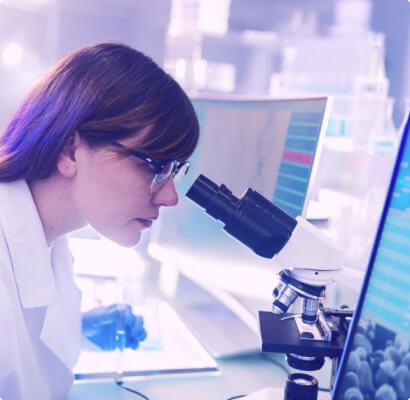AI-Driven Automation in Industrial Robotics
Automation in robotics has revolutionized industrial production, allowing businesses to increase efficiency, reduce costs, and improve product quality. AI-powered robots are now capable of performing complex tasks that were once exclusive to human workers, ranging from assembly and packaging to quality control and material handling.
One of the key applications of AI-driven automation is robotic process automation (RPA), which enables robots to perform repetitive, time-consuming tasks with high precision. AI-powered robots in manufacturing lines work tirelessly, ensuring consistency in product assembly while minimizing defects. Unlike traditional automation, AI-enhanced robots can adjust their movements in real-time based on sensor feedback, leading to greater flexibility and adaptability.
Another significant aspect of AI automation is real-time decision-making. Robots equipped with computer vision, deep learning, and sensor fusion can analyze data instantly, optimizing production processes on the go. For example, in car manufacturing, AI-powered robotic arms can detect minor defects in real-time and make micro-adjustments to improve assembly accuracy. This capability reduces waste, enhances efficiency, and increases production speed.
Additionally, AI-powered robotics systems improve workplace safety by taking over hazardous tasks that pose risks to human workers. In industries such as chemical processing, metal fabrication, and mining, AI robots handle toxic substances, operate in extreme temperatures, and perform dangerous lifting tasks, reducing the chances of workplace accidents. AI automation ensures that human workers are protected while maintaining high productivity.
The integration of AI into robotic automation is transforming industries by enhancing precision, improving flexibility, and reducing operational costs. As AI-powered robots continue to evolve, businesses can expect even greater levels of efficiency and innovation in their production lines.

